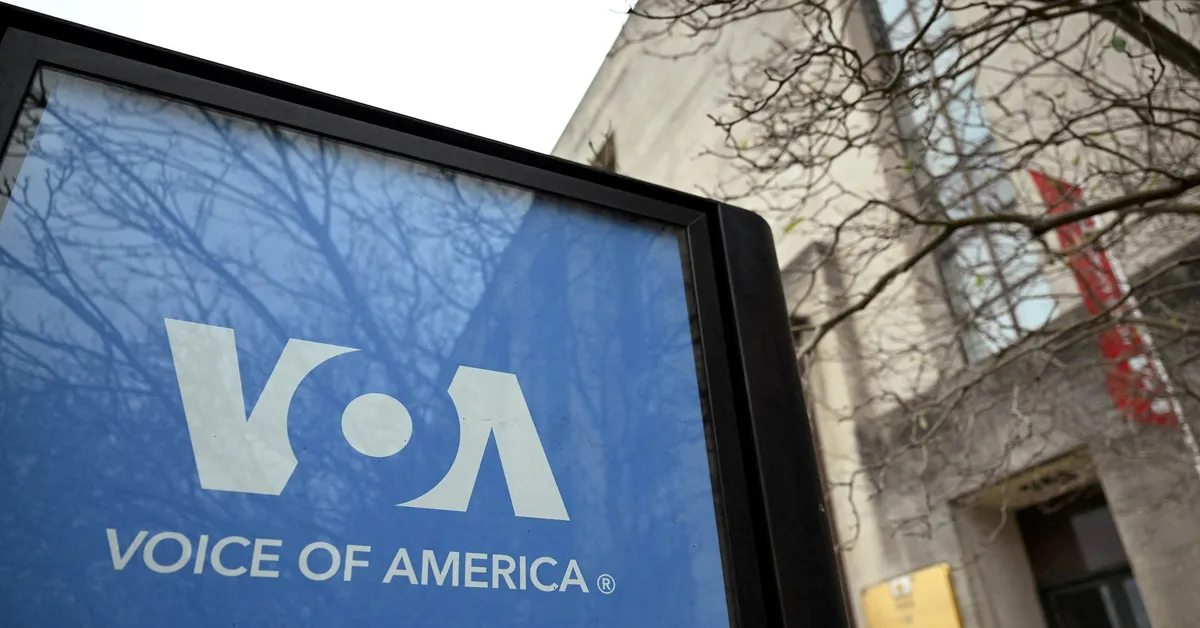
On April 22, U.S. District Judge Royce Lamberth issued a significant ruling that mandates the administration to take immediate action to restore employees and contractors to their positions at the U.S. news service. This decision also includes the resumption of radio, television, and online news broadcasts, as well as the reinstatement of certain grants. The ruling underscores the importance of maintaining the integrity of U.S. international broadcasting services.
In a recent development, an appeals court rendered a 2-1 decision indicating that Judge Lamberth may lack the necessary jurisdiction to compel the return of employees to work or to mandate the restoration of $15 million in grants allocated for Radio Free Asia and the Middle East Broadcasting Networks. This decision comes in the wake of the U.S. Agency for Global Media (USAGM) placing over 1,000 employees on leave and notifying 600 contractors of impending terminations. The abrupt shutdown of broadcasts occurred in March, following a directive from former President Trump.
Despite the appeals court's ruling, it is noteworthy that the government did not contest the portion of Lamberth's decision requiring the restoration of Voice of America (VOA)’s statutorily mandated programming levels. Reports emerging on Friday indicated that VOA is actively preparing to resume broadcasts as early as next week, which would mark a critical step in reinstating its international news services.
U.S. Circuit Judge Cornelia Pillard dissented from the majority ruling, expressing concerns that the decision significantly jeopardizes the future existence of these networks. Pillard warned that the current situation could lead to the silencing of Voice of America for an extended period, thereby undermining the operational capabilities of Radio Free Asia and the Middle East Broadcasting Networks. Her dissent emphasizes the potential long-term implications of the ruling on U.S. international broadcasting.
Under Trump's directive, it is unprecedented for Voice of America to cease news reporting, marking the first time in its 80-year history that the agency has halted updates. The organization's website has remained stagnant since March 15, with radio stations abroad that depend on its programming either going silent or only playing music. This has raised significant concerns about the ability of these services to fulfill their mandated roles.
Judge Lamberth's ruling highlighted that Congress made the broadcasts mandatory and explicitly prohibited the executive branch from unilaterally terminating or defunding them. This legal perspective reinforces the idea that governmental accountability is crucial in maintaining the integrity of public broadcasting. Trump's advisor, Kari Lake, announced the shutdown on March 15, characterizing the agency as "irretrievably broken" and biased against Trump. She celebrated the appeals court's decision as a significant victory for their cause on social media.
As this situation evolves, the future of U.S. international broadcasting hangs in the balance, with ongoing legal challenges and public interest in the outcome.